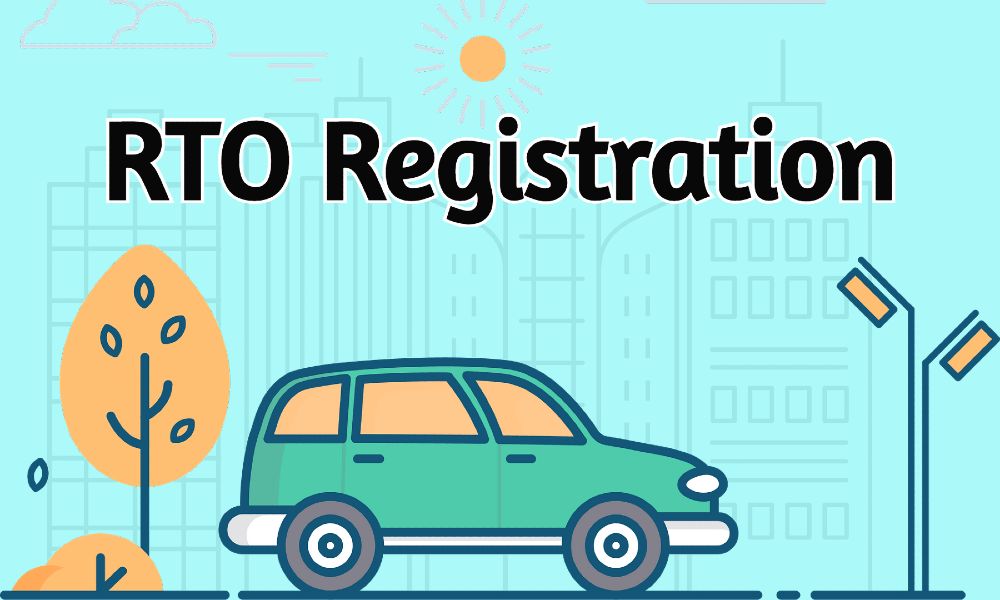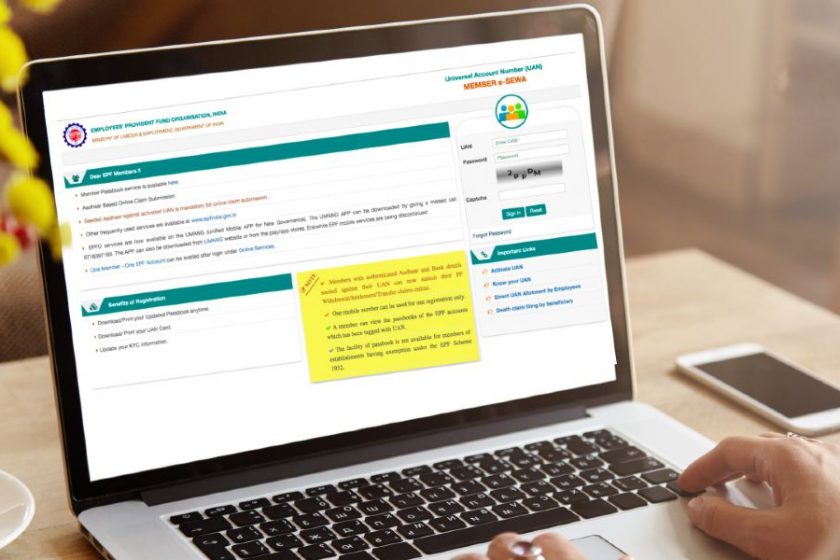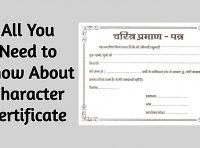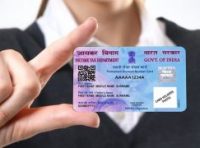A Regional Transport Office (RTO) is a government organization that registers and maintains records of all the vehicles in every district, state, and Union Territory (UT) in India. Every city and state has its own RTO where you can get a permanent RTO registration number.
How to Apply for RTO Registration?
Whenever someone buys a vehicle, they need to register it with the RTO. This is to prevent fraudulent activities, ensure accountability among owners, and keep the area safe in general. When a vehicle is sent for registration to the RTO, the relevant officers inspect the vehicle, verify it and then allot a unique number to the vehicle.
Now, there are two ways to go about the vehicle registration process at the RTO. They are:
- Getting the car registered by yourself.
- Leave the registration to the car dealer.
Here’s a step-by-step guide to getting a new vehicle registered with the RTO by yourself:
- Search for the local RTO office. Go there with your new vehicle.
- Take the Form 20. Fill it correctly and submit the application.
- The RTO superintendent will then check the documents.
- Pay the required registration fee and tax at the cash counter.
- The Inspector of Motor Vehicle (IMV) will then inspect your new vehicle.
- If everything is correct, the RTO office will enter the vehicle data into the central database.
- The RTO Superintendent then verifies the entered data.
- If there’s nothing missing, the Assistant Regional Transport Officer (ARTO) will approve the registration.
- The RTO office will now initiate the process for Smart Card and once it is printed, you will receive it by post to the registered mailing address
Temporary RTO Registration Number
Once you’ve completed the registration process at the RTO, you will get your number plate in a few weeks. Till then, you can use the temporary RTO registration number and use it to drive around the city. It is usually valid for a month.
Permanent RTO Registration Number
After completing the registration process for a new vehicle with the RTO, your vehicle will be allowed a permanent registration number by the RTO in due course. The number is unique to your vehicle and won’t change even if you decide to sell the vehicle to someone else. Issued by the RTO, the permanent number helps the authorities identify who owns the vehicle.
How to Check your Vehicle Registration Information Online?
Vahan is an innovative software platform that is primarily used in our country for vehicle registration. Besides vehicle registration, this system also performs other activities such as to permit renewal, fitness certificate issuance, and vehicle ownership transfer, enabling the Transport Department to concentrate on priority tasks.
You can also view vehicle registration information online through Vahan. In the event of an offence, you can check the vehicle registration details online through Vahan. All you have to do is send a text message to Vahan to check the RTO details. Send an SMS in the format of “VAHAN{SPACE}Vehicle Number” to 77382 99899, and you will receive a reply in about 5 minutes. You will receive the following details immediately:
- Name of owner
- RTO office where your vehicle was registered
- Expiry date of the Fitness certificate
- Ownership Serial Number
You can also search the details of a two-wheeler or four-wheeler by entering its registration number on the official Vahan website.
Types of RTO Forms
The official website of the Ministry of Road Transport and Highways has various forms that can be used for RTO-related work. Some of the RTO forms that can be downloaded are as follows:
| Type of Form | Application |
| Form 20 | New Vehicle Registration |
| Form 21 | Sale Certificate |
| Form 23 | Registration Certificate |
| Form 24 | Motor Vehicle Registration |
| Form 29 | Transfer Notice of ownership of Motor Vehicle |
| Form 38 A | Report Inspection |
| Form 50 | Lading Bill |
| Form 51 | Insurance Certificate |
| Form 54 | Accident Information Report |
| Form 57 | Foreign Insurance Certificate |
Fees for RTO Vehicle Registration
The RTO fees must be paid in order to register your vehicle or renew your registration. The RTO registration fees differ according to the type of vehicle you wish to register. Some of the fees are mentioned in the table below:
| Vehicles for Registration | Fees |
| Motorcycle and Invalid Carriage | ₹300 |
| Invalid Carriage | – |
| Three-Wheeler/Quadricycle/Light Motor Vehicles | ₹600 (Non-Transport) ₹1000 (Transport) |
| Medium Goods Vehicle | ₹1,000 |
| Medium Passenger Motor Vehicle | ₹1,000 |
| Heavy Goods Vehicle and Heavy Passenger Motor Vehicle | ₹1,500 |
| Imported Motorcycle (Bikes) | ₹2,500 |
| Imported Motor Vehicles (Cars) | ₹5,000 |
| Any other vehicle not mentioned above | ₹3,000 |
Documents Required for RTO Vehicle Registration
After buying a vehicle from a dealer, the customer must register it within a certain time frame, which is usually one month. For the registration process, you will need a copy of the following documents:
- Application form CMV20
- Vehicle Sale Certificate
- Active Insurance Certificate
- Valid Address Proof (Aadhaar Card, Voter ID, Passport, Ration Card, etc.)
- Valid Identity Proof (PAN Card, Aadhaar Card, Driving License, Voter ID, Passport, etc.)
- Temporary Registration issued by the dealer
- Registration Fee
- PAN Card Copy
- Original Invoice
- RTO’s sales tax clearance certificate and No Objection Certificate (if you are buying the vehicle in one state and registering it in another)
Frequently Asked Questions (FAQs):
Here are a few common vehicle registration questions asked by users.
Q: Is it mandatory to register a vehicle through the vehicle dealer or showroom?
Ans: Absolutely not! As alluded to earlier, you can register the vehicle with the RTO by yourself as well. Simply visit your nearest RTO with the relevant documents and your new vehicle.
Q: Can I get a duplicate RC (Registration Certificate) online?
Ans: Yes! Duplicate registration certificates can be acquired online as well. Visit the official web portal of Parivahan Sewa to get started.
Q: Is it compulsory to carry the vehicle RC while driving?
Ans: Yes! According to the Motor Vehicle Act, 1988, drivers should always carry the vehicle’s RC, especially while driving on Indian public roads.









